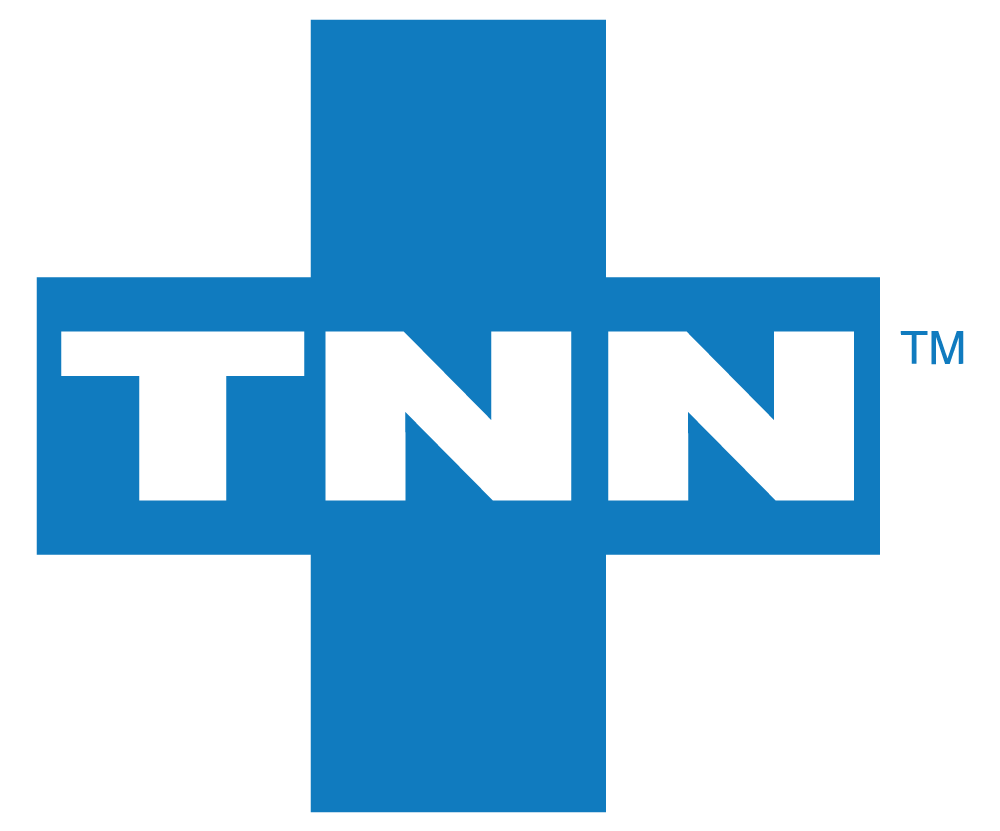
TNN Bulletin

Important Interview Tips for Aspiring Travel Nurses
Regardless of your level of experience, it’s quite normal to get nervous before an interview with a travel nurse. Luckily, there are ways to prepare to reduce stress and increase your chances of getting a job.
Total Nurses Network will share these helpful tips to help you regarding interviews in case you wish to pursue being a travel nurse.
- Keep the Positive Vibes
Do not use the interview as an opportunity to complain about your previous job, colleague, or patient. By staying positive, you show future employers that you are a team player-facing optimistic and open-minded issues.
Stay positive from start to finish no matter what.
- Be Prepared for the FAQs
Regardless of the type of nurse you are applying for, there are some questions you are likely to encounter. As you study these questions and prepare the answers to them, you will come across with confidence and knowledge.
Practice answering these popular questions until it sounds natural and colloquial. If your answer seems mechanical, you may seem too calculated.
So here are some of the most common questions you may encounter during a nursing job interview:
- Why have you pursued being a nurse? Why do you want to have this job?
- What is your favorite thing about becoming a nurse? What is the most difficult thing about becoming a nurse?
- How do you manage stress at work?
- How do you deal with patients who are dissatisfied with the quality of treatment?
- What do you do if you witness a colleague violating a facility policy/law?
- How do you deal with patients who complain of pain regularly?
- Do you like to work alone or in a team?
Note: It is important to think about what each question is trying to achieve.
A common question about why you become a nurse, what you find difficult at work, and your professional strengths are trying to understand your nursing style. The scenario question is an attempt to assess ethics and boundaries. The question about your preferred clinical setting is an attempt to understand your ability to adapt and cooperate.
- Using Particular Examples
Using of specific examples when answering questions will help you emphasize your skills. Keep away from general statements that do not provide additional information.
- Dress Appropriately
Whether you like it or not, your first impression is important. Whether the interview is direct or telephone, it is important to dress properly.
Ensure that you are well-groomed on the day of the interview. Sleep soundly (if possible) and wear clothes that give you confidence. Even if the interviewer cannot see you, the conversation reflects your motivation and self-confidence.
- Stay Courteous
Appear on time, be polite and bring all the necessary documents. Turn off your cell phone and make sure there is no interruption.
Do whatever you can to show the interviewer that work is your number one priority.
- Stay Engaged and Ask Questions if Possible
The interview is not a one-way street. Have the interviewer lead the conversation, but at the end take the time to ask questions about the job.
In addition to knowing if the job is right for you, the question will show the interviewer that you are detail-oriented. Nurses need to be team players, so showing off their communication skills is in your best interest.
- Educate Yourself
Is there a field of rusty nursing education? Preparing for an interview is the best time to hone your nursing knowledge.
When not sure, do not hesitate to overprepare!
Be part of Total Nurses Network
We are happy to help you provide a wonderful travel nursing experience. Apply now to be assisted by our team!







